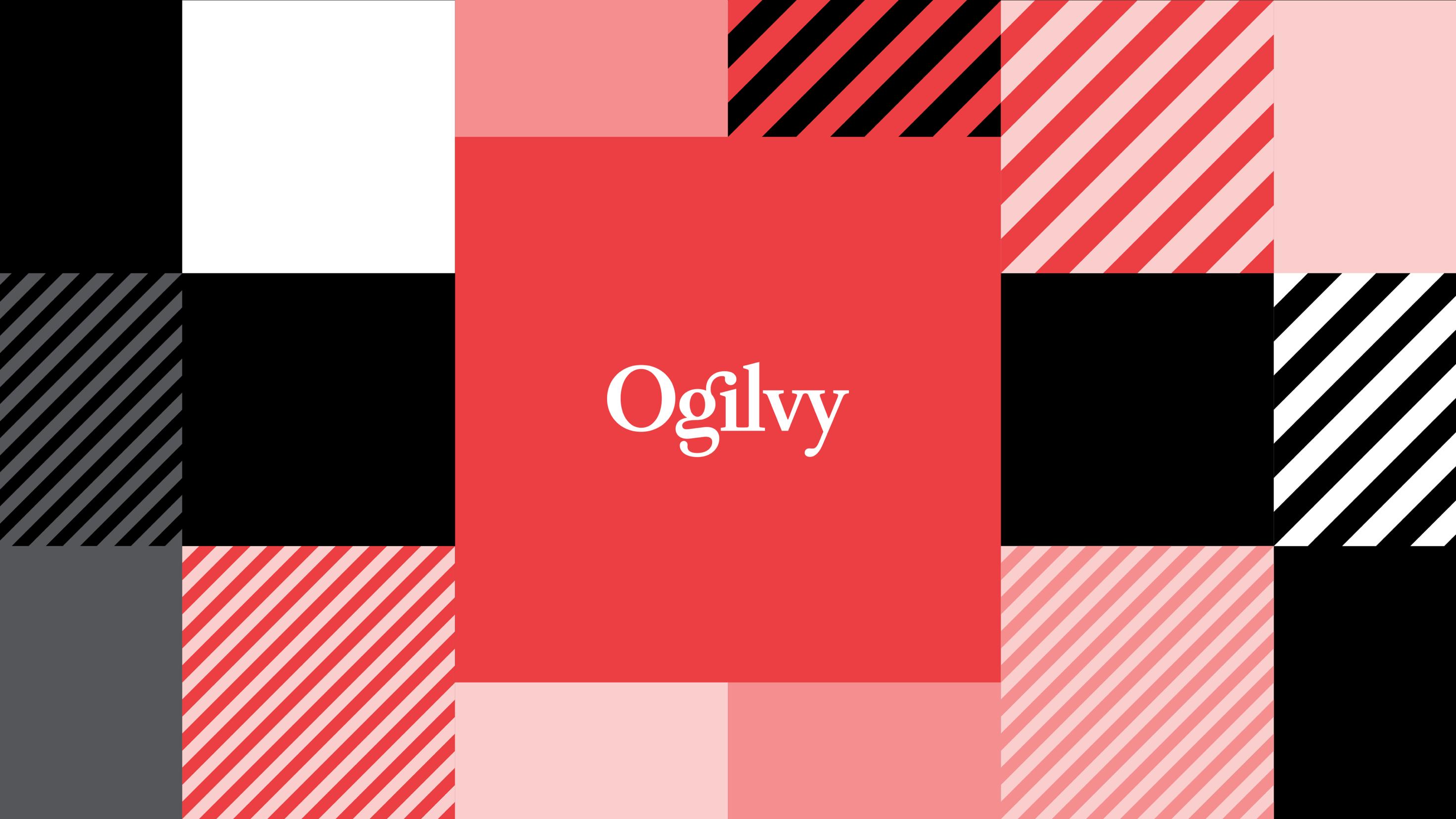SECRET LIVES OF SINGAPOREANS




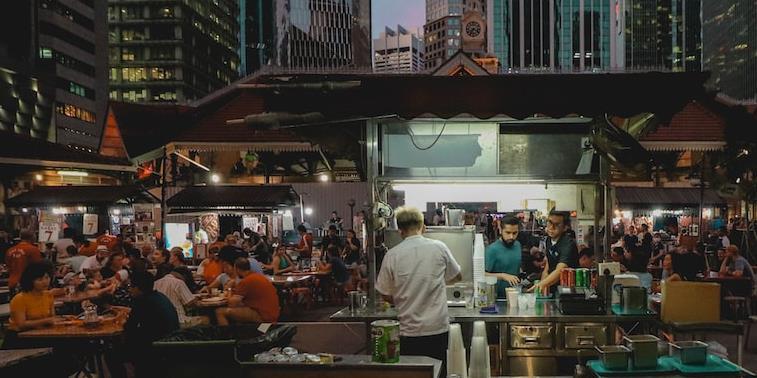

is an ongoing collection of
marketer-friendly briefs on the fascinating people of the little red dot, by planners and PR consultants from the big red agency. It’s not “thought leadership”, it’s “inspiration to DO”.
Each issue comprises
•
One thing people in Singapore are talking about
•
One thing people in Singapore are searching for
•
One thing that’s in the news in Singapore

One thing people
are


Food is something that unites Singaporeans, and as such we can’t help but complain when the price of Kopi, Nasi Lemak or Roti Prata at our favorite hawker centres has gone up.
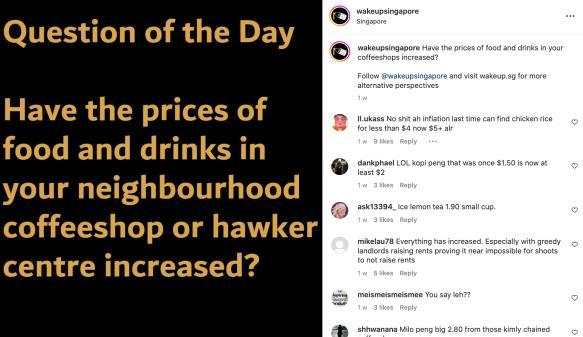
According Singapore’s Consumer Price Index – Prices at Hawker






Centres have increased by 7.4% and at Food Courts & Coffee Shops by 6.5%.
For the average households in Singapore, the amount of money spent on food will swell due to the hike of prices.
For the low-income families, this means cutting back on the basics and making adjustments to put enough food on the table. Brands can contribute to this issue meaningfully and empathetically by:
(i) Rallying support from Singaporeans to extend help to households who are struggling amid rising prices. Take learnings from Cadbury in Malaysia that sparked spirit of generosity among Malaysians during the Covid hit.
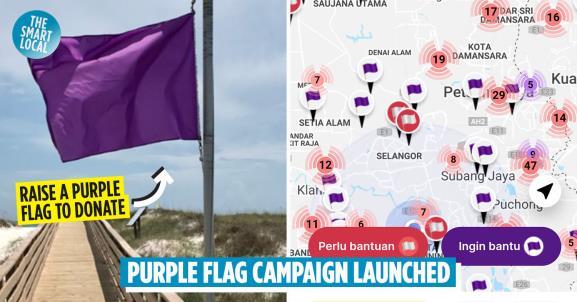
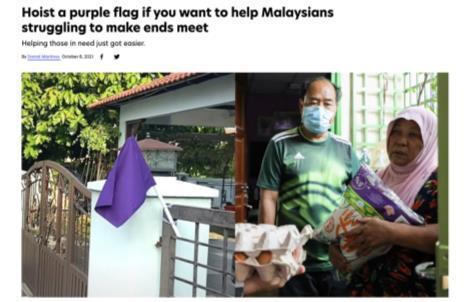
(IG)
Channel News Asia (IG)
(ii) Supporting, shining a light on, or amplifying the voices of food sellers in hawker centres or coffee shops who are also affected by inflation and complaints from the customers.

One thing people in Singapore are searching


More and more young Singaporeans are aspiring to move into their own place, to gain a taste of independence away from their parents. The number of single Singaporean residents under 35 living alone or away from their parents more than doubled from 2015 to 2020.
However, the tight supply and record-high rental prices are huge barriers for young Singaporeans who want to rent without breaking the bank.
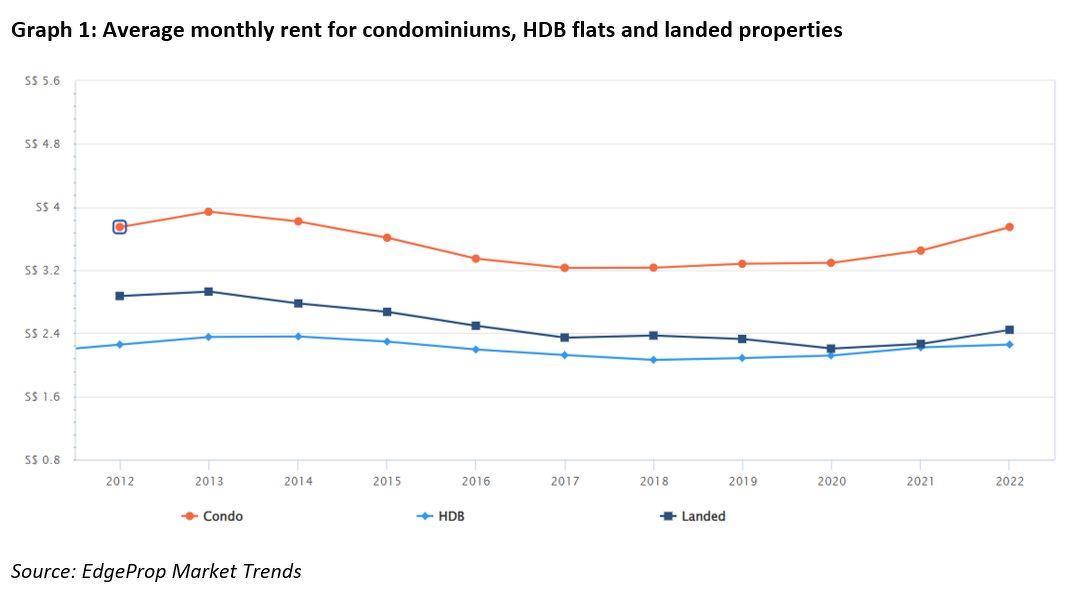
We’re seeing how social norms evolve and aspirations for independence grow among the young generation in Singapore.
While the shifts might be subtle, the changing needs and aspirations of this audience should not be ignored by brands.
There are opportunities to help guide young Singaporeans in their ‘adulting’ journey by:
(i) Helping to change attitudes among Singaporeans, especially the older generation who perceive moving out of the house as an unfilial act.

(ii) Including this group of audience into the narrative – when targeting the 20/30-something Singaporeans, shift the focus away from solely targeting "BTO-couples" or young nuclear families. Brands also need to understand the lifestyles of single young adults who decide to rent.
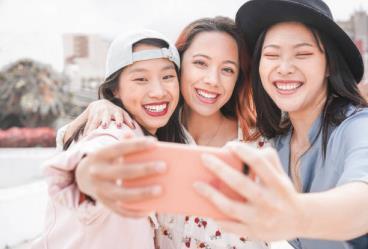


The Singapore government announced a new healthcare reform plan that is heavily focused on preventive care, to have citizens take charge of their own healthcare.
With Healthier SG, Singaporeans will be able to:
• Form stronger bonds with their chosen family doctors who will act as their first line of care and support their health

• Understand what preventive care steps they can take to improve their health
• Enjoy free health screenings, annual check-ups and vaccinations with their family doctor
• Participate in more community health-related activities like Zumba and community gardening
• Earn points for a healthy lifestyle using the Healthy 365 application. These points can be exchanged for rewards offered by participating merchants.
These initiatives will shift the health system from its current reactive, illness-focused orientation to a more proactive, health promoting one.
While the healthcare reform plan seems promising, it is easier said than done, due to a range of psychological and even physical barriers that keep well-intentioned Singaporeans from adhering to healthier lifestyles:
• Tendency to focus on the present, rather than the future;
• Influenceof social norms and acceptance;

• Burden of trying to build new habits.
Brands need to change the conversation and move away from product marketing to creating meaningful, emotional connections with what consumers find relevant.
Additionally, marketers/brands can turn to behavioural science to better unpack such barriers and help drive adherence to new health behaviours (intention-action gap, implementation intentions).


